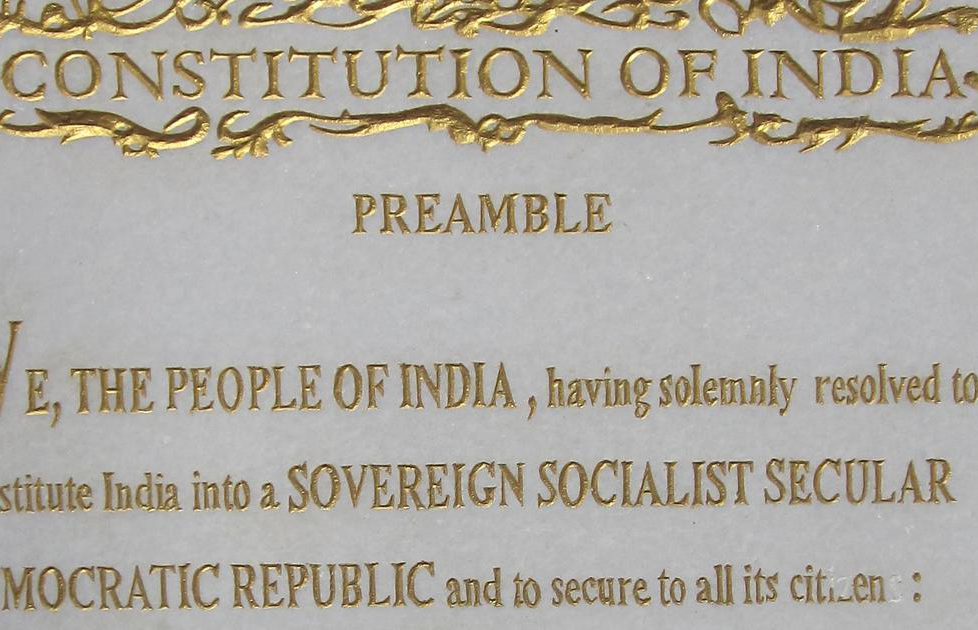Did India turn communal after adding “secular” in the constitution?


The word “secular” was added in the 42nd Amendment of the Constitution. It changed the description of India from a “sovereign democratic republic” to a “sovereign, socialist secular democratic republic”. It was Passed on 11th November 1976 when the entire opposition was in Jail during Emergency.
“Secularism” is an extremely noble and revolutionary political concept.
Describing in one line: Secularism means separation of state and religion.
It means the following:
Lets analyze how did India fared on the above aspects after the addition of word “secular”?
The above examples are few. But, based on above facts, we can conclude that India became communal after adding “secularism” in the Constitution.
Whether this was a coincidence or was a part of well thought design to polarize the very concept of “secularism” has to be left to history to decide.
DISCLAIMER: The author is solely responsible for the views expressed in this article. The author carries the responsibility for citing and/or licensing of images utilized within the text.
